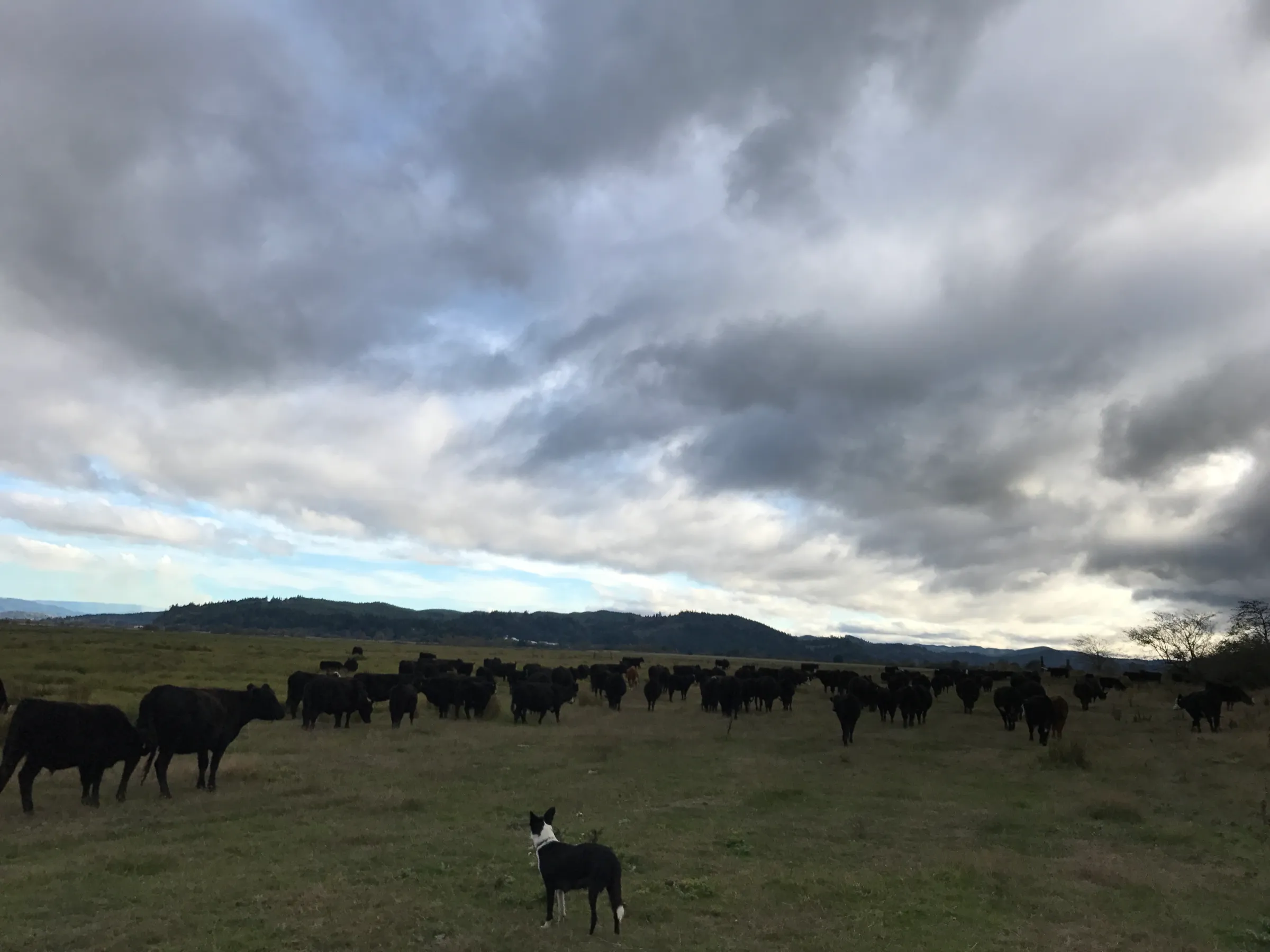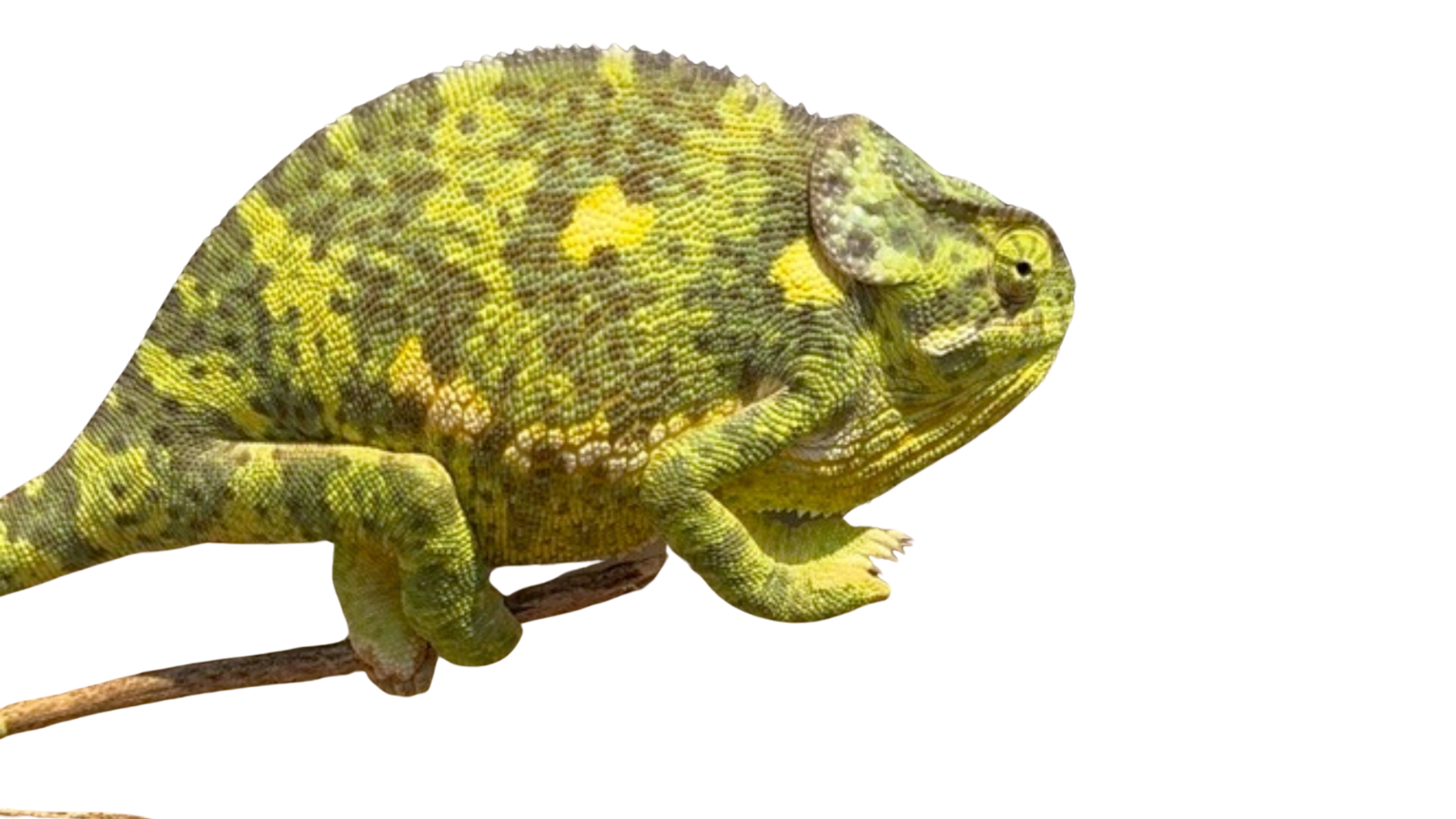As time goes on, I find myself caring less and less about the stress of my livestock and more and more about my own stress. I’m sorry. That’s just how it goes. I think that means I have become a real rancher.
Back when I was a blissful herder boy, a few years ago, I would spend all kinds of time doing all kinds of crazy things because I thought it would reduce cattle stress. It drove the people I worked for and with crazy. People I’ve worked for or with, comment so everyone knows how crazy you were driven. Think about how your average rancher will go through contortions to keep from rolling their eyes if you talk to them about “Low Stress Stock Handling.” I am now the one driven crazy. I am now the one rolling my eyes.
Before we get to that, I know I promised a different blog post last week. Journal articles about Serengeti grazing are like skittles to me and yet this one is particularly dense. It’s going to take some time and I didn’t have a lot of time this week. Which I will get to. Which means it’s time (sigh) to do a little Almanacking.
Now, if there was ever going to be a week where I wanted to talk about what was going on in the real world, then it would be this week. I don’t want to talk about what’s going on in the real world this week, but if I ever I did, it would be this week. After all, Friday afternoon I noticed how the birds are starting to form the bigger flocks that you see in the late summer and fall. I noticed all the dung beetles in the cow poop this time of year. Sorry, I said poop. The little Eurasian ones, with ruby stripes on them that contrasts so sharply with the rest of their obsidian features. Those features that aren’t covered in cow poop. Sorry, I said poop again. These little ecological gems are perfect symbols of how non-native species are going to be critical components of a biodiversity… oops. I’m supposed to be talking about the real world in this section.
Now, all those things had been going on independent of me before Friday afternoon. But I had not noticed, the reason being that we shipped the majority of our cattle on Friday morning. And they did pretty well. Soon you will be able to try them in the Belcampo butcher shops and Restaurants in San Francisco and other places. This means we will make the mortgage payment. This means we will survive for another year. It was as if the scales had been peeled from my eyes.
As for what Hanna and Abel have been doing, I have no clue. I have been gone before they woke up and back after they were in bed most of the week. When I was around, my attention was focused inwards. Except for on Thursday, when Team Family moved the cattle that are still on the ranch across the tide gate to the east side.
Abel and I rode the four-wheeler in front of the cattle to lead while Hanna and the three dogs walked behind. This gave Abel the chance to really check out the machines next door, working on the salmon restoration project. This is important when you are a two-year-old boy. “Oooohhhhh!” said Abel, like a chimpanzee in courtship when he saw the big three-hundred-series-excavator. He was having a good time. In fact, we were halfway done before he realized that there was 134 head of cattle following us. He thought this was just a pleasure tour. I’m just jealous.
We were in front because this is a good way of keeping the anxious Dada away from the cattle. He has to just drive at a constant 1.5 miles per hour, no matter what anybody does or no matter how much he wants to run around like a crazy person. This way I am a maximum distance from the dogs, who don’t really like working with the angry Dada anymore. I’m not sure how Hanna feels, she’s too polite to say and I don’t ask.
This stress is particularly acute for us, (the second year starting a new business, buying the ranch, building a house, second baby due December 2nd, etc.), but I suspect that our experience is far from unique. Ranching has a particular economic dynamic, and you have to put yourself in close proximity to dangerous 1000 pound animals. As Chad Peterson said to me the other day, people who sell tires just can’t understand.
I was at a Bud Williams workshop once when a rancher asked Bud why he didn’t have a ranch. The question was asked in mock innocence, but the implication was clear; “if your so good, why don’t you just have a ranch and show us all up.” It seemed like Bud was accustomed to this question and said that a ranch would be like an anchor around his neck. And that’s true. Too me, it’s definitely an anchor worth having, but an anchor it is. However, I wonder if not owning a ranch was a fundamental contributor to Bud’s success in stock handling. If the first step in keeping stress down in the livestock is keeping stress down in yourself, I suspect that the first step to keeping stress down in yourself is to not buy a ranch. I also wonder, had Bud answered this question with a little more nuance, might the ranchers in the room have understood the real barriers to low-stress stock handling better? Would they have given Bud more credit, since he showed them that he understood where they were coming from? What follows is that more nuanced explanation.
Low Stress Rancher Handling (LSRH) comes down to understanding two principals. Both relate to the fact that stress makes ranchers brains shut down. This makes them less capable of seeing when they are causing their animals to have stress. Their eyes are focused inward, towards the back of their skulls. They are looking at the thoughts that live there (“the cattle truck is already here,” “that one looks bad,” “what if they don’t weigh up”) and so are less likely to see the subtle telltale signs of stress in cattle. I know I shouldn’t be like this. It isn’t a matter of knowing. Like the crazy steer in the corral that knows he can’t get out that way, I just can’t help it.
Stress also prevents ranchers from caring. I bet that the real reason that most ranchers would roll their eyes if you talked to them about ‘low stress stock handling’ is that somewhere deep down, there is a voice that says:
“Oh yeah? You’re so concerned about stress in cattle? What about my stress?”
Nobody is going to learn about stockmanship with the whiff of this idea in the air.
Now I bet that few ranchers will admit to this. Part of the reason is that stress just takes away some of your perceptive abilities. Maybe part of this is due to that fact that you cope with stress by trying to blind yourself to it. Of course, having low stress cattle will reduce rancher stress, but this means that the problem can be either a positive feedback loop or a vicious cycle.
Rancher Stress is the key impediment to reducing stress in livestock. This makes the problem at once more simple, and more complicated. We won’t have much luck if we focus on proselytizing the basic idea or by trying to come up with better ways of communicating the nuts and bolts of handling methods. Rancher stress involves economics, psychology, a lot of different things that have nothing to do with cattle. It requires us to understand our own native inner-landscape. In these ways, it is a lot like all the other really sticky problems of the modern world.
Next week I’ll do that other thing. For more info on our native inner landscape and modern problems, there is my book, about which I will soon be sharing some big news.

